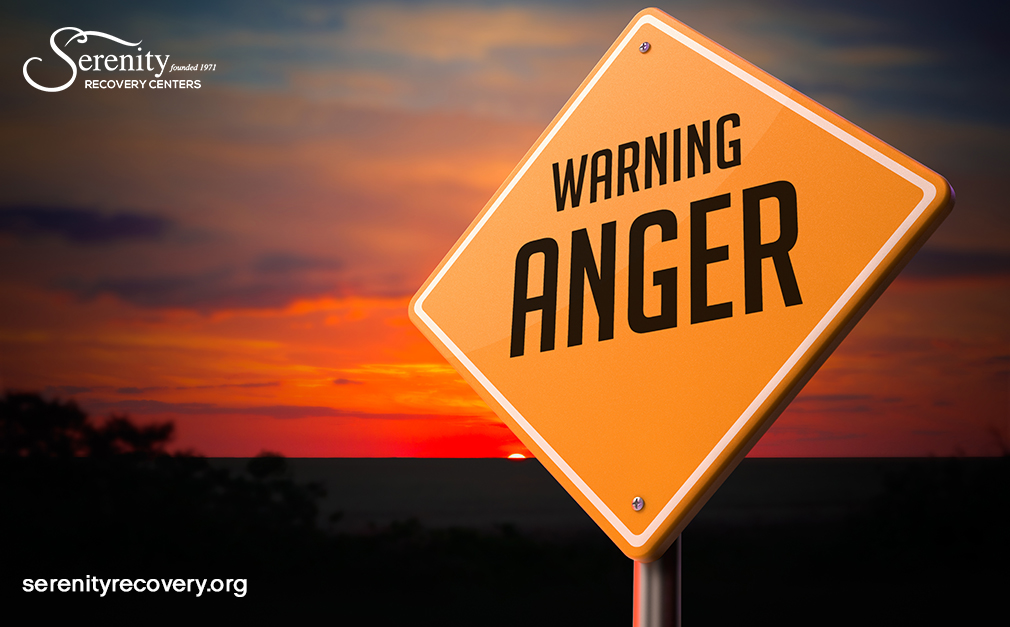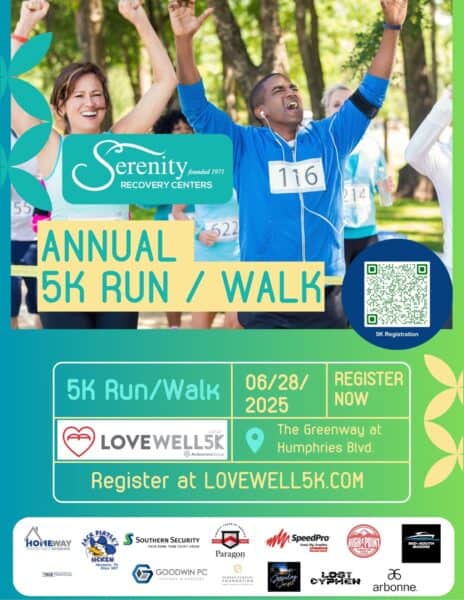Anger Addiction is Real
We all get angry from time to time. Anger in itself can be useful and it’s appropriate at times if controlled properly. Anger, in its proper function is a defense mechanism that protects you from abuse. If you’re wronged, you become angry. But it’s a complex emotion that needs careful attention. The problem is many let their anger grow to where they are no longer in control, and get to a point where their neurobiology is being rewarded when the become angry, and as a result, become addicted to anger.
Neurobiology & Anger
In the moment anger feels good. It’s so powerful that it overrides our rational and moral frameworks we’ve established because it comes from our primordial, original limbic system: the center of the brain – where our most automatic emotions like fight or flight originate. This response system controls adrenaline, heart rate, alertness, and other instincts that prepare you for battle or a quick escape. Similar to other addictions like gambling, extreme sports, or even drugs like cocaine the brain releases a dopamine reward when you’re angry which clouds your judgment and can lead to terrifying consequences.
Anger & the Ego
Anger can often times be triggered by underlying feelings of weakness or insecurity. Anger is an easy way to feel powerful and get attention in the moment and overcome feelings of inadequacy. It also gives you a feeling of being in control of things that in reality you don’t have control over. The sad irony is when anger takes over, not only do you not have control of the things making you angry, you’ve also lost control of yourself. The cycle continues because it damages you in the eyes of the people who you want to connect with most which just adds to your ego insecurities.

Signs of Anger Addiction
- Quick to Anger: Little things set you off, that don’t set off the people around you. Extreme frustration over small tasks that don’t go as planned to the point of turning into something you become fixated on for hours or the rest of the day.
- Violent Behavior: Physical violence and aggressively screaming or yelling is a sign of anger addiction. The trigger again is often times something small, seemingly meaningless to the people around you, which makes it even more maddening for you.
- Repeated Cycles of Remorse: After anger episodes you find yourself apologizing and even saying things like “I overacted” or “I shouldn’t have yelled.” If this is a regular occurrence you likely have anger addiction issues.
Anger addiction is real. If any of this sounds like something you’re experiencing or a loved one is experiencing you’re not alone. Counseling is available for anger addiction and has helped many people suffering get their life back into a healthy place.
Are you or a loved one struggling with alcohol or other drugs? Call us to speak confidentially with a recovery expert now: (901) 521-1131 or visit our website: http://goo.gl/x813o3
